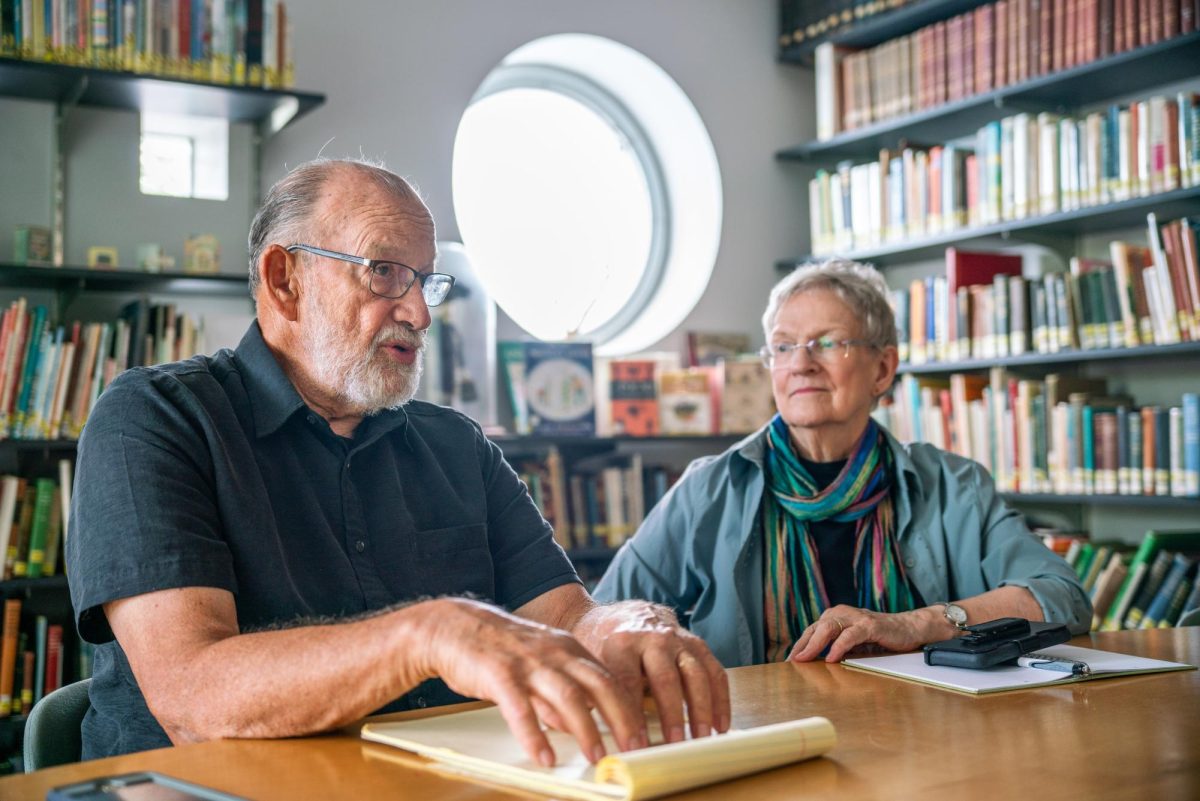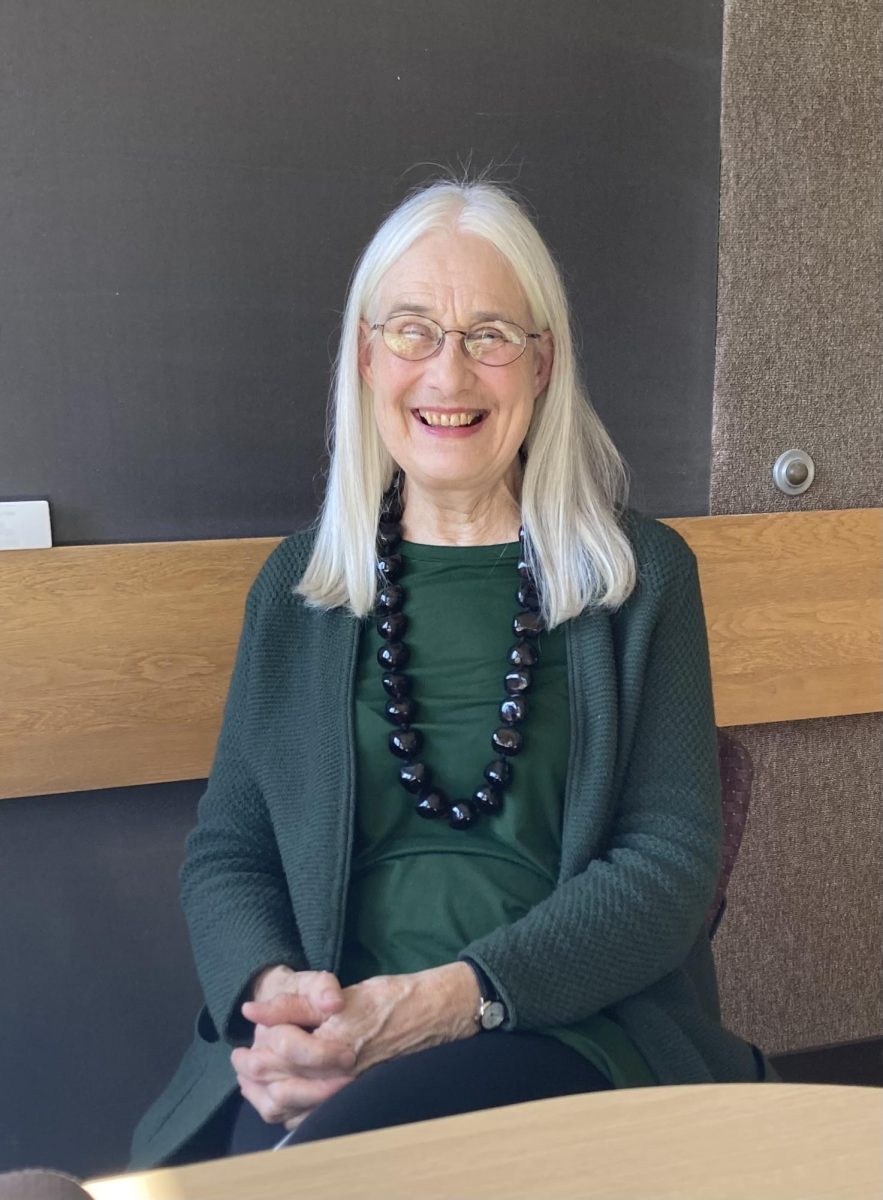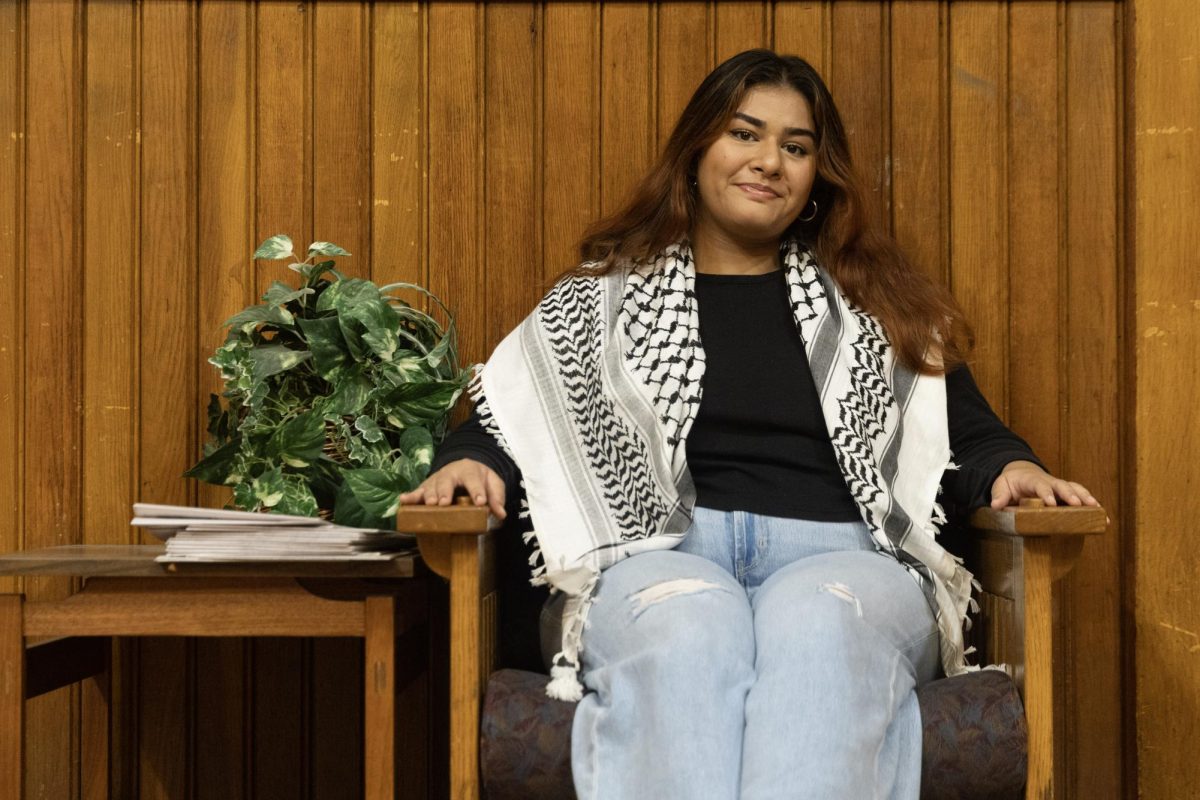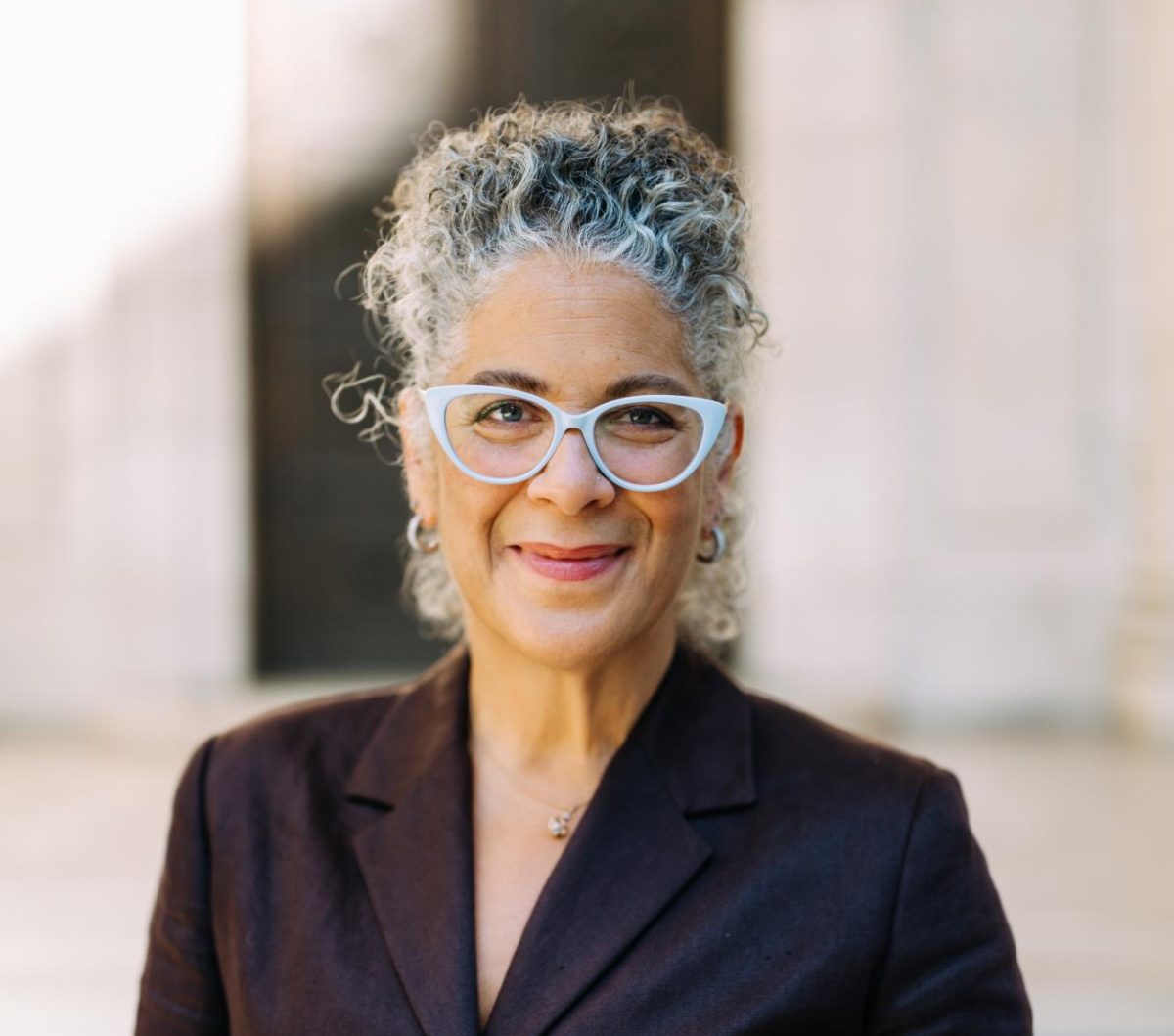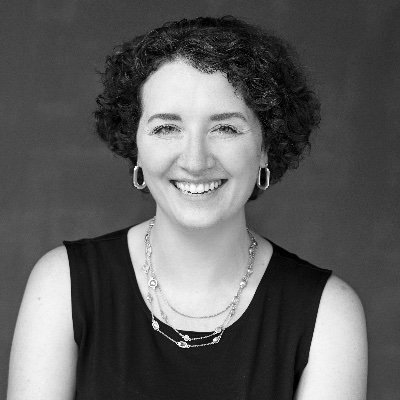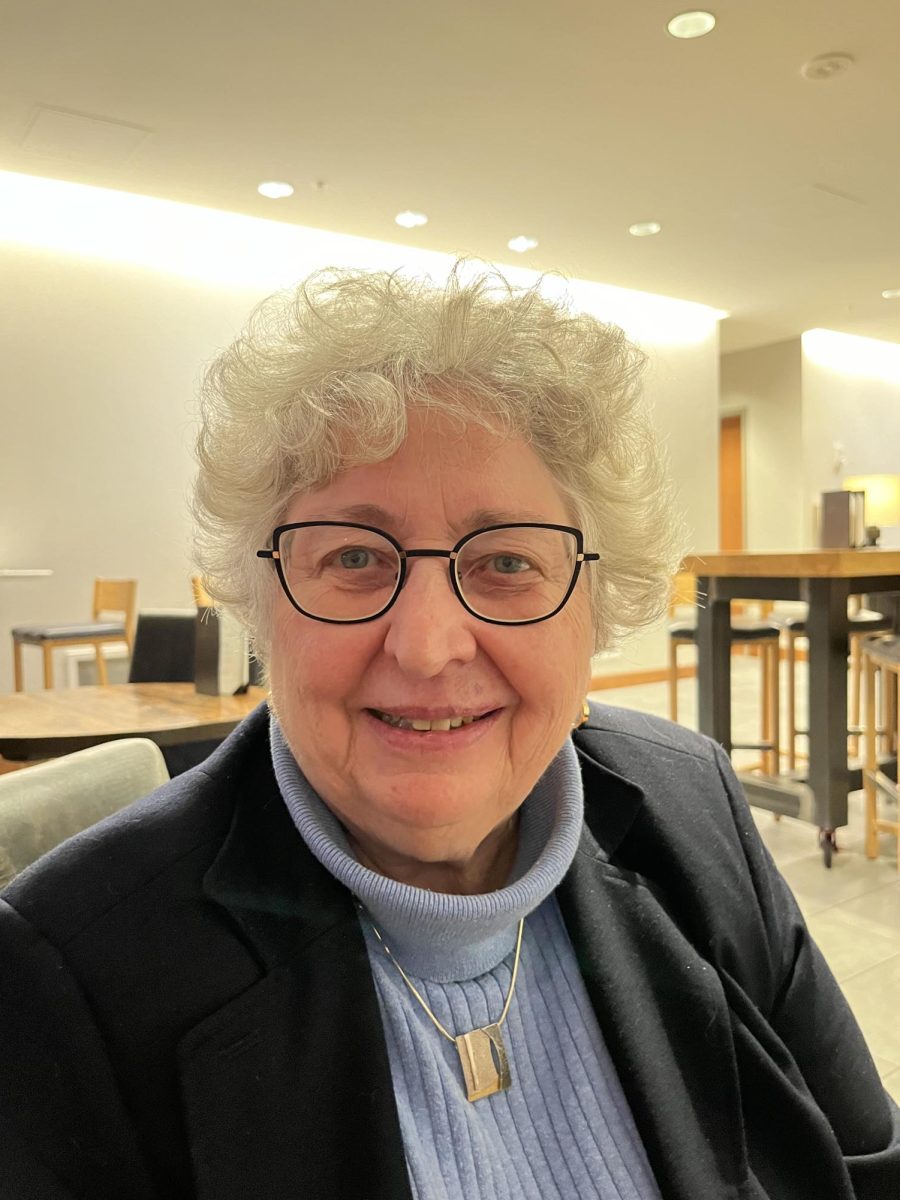John and Linda Gates, Masters of Art in Teaching ’72 and ’65, were members of the Overground Railroad Coalition, a local interfaith organization that hosted 25 refugees from Guatemala and El Salvador in the ’80s. They helped political refugees travel to Canada, which accepted their political refugee status. Currently, John and Linda Gates are working with the Oberlin Community Supporting Immigrants and The First Church in Oberlin to help to resettle immigrants in Lorain County by providing access to work, legal services, education, and other forms of support. Linda joined the College in 1989 and served as the Dean of the Students from 2004 to 2011. John worked in elementary schools for 17 years and served as the principal of Oberlin’s Prospect Elementary School for three years. They received the Award for Distinguished Service to the Community at last spring’s commencement ceremony.
This article has been edited for length and clarity.
Could you describe your work with immigrants and refugees?
John: Right now, we are working with three families in Oberlin. Our goal is to help these families have a successful settlement in Ohio by helping them with transportation, medical needs, dental needs, language, and education. We imagine what it would be like to come to a new country with a different culture and try to build a new life for yourself. What kind of things would you need?
Linda: Keeping what we imagine in mind, it’s also important to respect autonomy and self-direction and to give the immigrants a chance to build a new life without anyone seeking to limit their choices.
What prompted you to start this program in the 1980s? What were the original goals of the program?
John: It all started in the 1980s right here at Oberlin under the leadership of John Elder, OC ’53, who was the pastor of First Church. In Central America there were three wars going on, and the U.S. was on the side of the oppressors in each war. There were hundreds of thousands of El Salvador refugees on the border. The U.S. was supporting these soldiers that were indiscriminately killing and maiming these people.
Linda: It was a dangerous trip and still is today. There was clear and present danger in the places they were fleeing.
John: When these refugees were coming over the border to escape political persecution, which was their right, they were being put in camps. Only 1 percent were granted asylum. There was a Presbyterian minister in Arizona named John Fife who said to the government, “Oh, you can’t do that.” He protected refugees from deportation. He was the leader of a movement of churches known as the Overground Railroad.
Linda: After a number of meetings designed to inform us about the issues and challenges, it was clear that there was not a consensus in our congregation about how to proceed. However, John Elder discovered the Overground Railroad, a program that helped route people who were fleeing violence to Canada.
John: Another arm of this effort was Reba Place Church, an intentional community in Evanston, IL, which worked with Jubilee Partners in Comer, GA to create the network that worked with the refugees who were interviewed at the border and deemed qualified to apply for political asylum. The U.S. asylum process took longer than the Canadian resettlement, so the refugees we worked with were approved for landed immigrant status in Canada before their asylum hearings were scheduled.
Linda: Reba Place Church and Jubilee Partners developed a network across mainly the eastern United States. Over the course of five to six years, Oberlin hosted five families and several individuals for periods of four to six months.
John: All of the 25 people ended up in Canada in a resettlement program supported by the Canadian government. Overground Railroad knew that it would take a year or two years for the United States government to make a decision. So the refugees went to the Canadian government and applied for a landed immigrant status and they knew it would happen in six months. By the time that the United States government had made a decision, they had already resettled in Canada.
Linda: The first of these families, a mother and three children, four, five, and six years old, lived with us for six months. That was a somewhat rapid response to a call from Jubilee asking us to host a family. Over time, with more lead time and planning, we arranged private housing in apartments and houses in Oberlin.
John: Some 20–30 people worked actively in the Oberlin Overground Railroad Coalition, finding jobs, language lessons, entertainment, prepared meals, medical and dental appointments, and school for the children. First Church was not the only church involved; Unitarian Universalist Church, Christ Episcopal Church, Sacred Heart of Jesus Catholic Church, and Peace Mennonite in Elyria all participated. This all ran from 1985–1990. The number of refugees slowed, the pattern changed, and eventually, Jubilee Partners stopped hosting political refugees.
Can you describe the First Church’s mission in the present-day? How has it changed since the 1980s?
Linda: From my perspective, when people were leaving in the 1980s, there was general skepticism in the populace because many viewed these immigrants as economic refugees. If you were not fleeing violence, your reason for becoming a refugee was not legitimate. I think that now, because of climate change, wars, conflict, and continued corruption where resources are not allocated to the people, it results in poverty. Today, economic refugees are viewed as more legitimate than they were in the 1980s. People are fleeing violence and in addition many are simply not getting what they need to be alive.
John: One of the things that hasn’t changed is that first world countries use El Salvador and other Latin American countries to make deals that entrench corruption in those countries. If you were to do one thing to prevent increased refugees, it would be for the U.S. to reduce corruption.
What are the most challenging aspects of helping to resettle immigrants?
Linda: Immigrants are people. They bring the same aspirations, dreams, and challenges, as the people who are not refugees. In addition, they are desperate enough to leave everything they know and love in order to survive and build a life for themselves and their families. They have the same problems we all have in addition to being people who are fleeing for their lives.
In regards to the recent hateful and inflammatory attacks on Haitians, how do you view current events and rhetoric impacting immigrant communities?
Linda: I’m horrified by the lack of compassion and the horrific judgment of people, wholesale labeling of people as subhuman, suggesting that they are not like the rest of us. It troubles me and makes me angry, sad, and frustrated that people are actually inciting violence through these lies, and excusing lies on the grounds that it will get people’s attention. We’ve seen how the dehumanization of people can lead to incredible hate and violence. We are very conscious that the stand we have taken is not popular with the majority of people. We know when we are taking them to run errands, the immigrants might not be welcome. We want to provide a level of support that conveys that we value these people. I can’t tell you how wonderful these families are. They are earnest, hardworking, and they are looking for the best for their families. Our hope is that we can get these people to work through the legal process so they will have documentation to remain in this country, but the process is complex and it takes a long time. Frankly, my mind is boggled when I think about the number of immigrant families who need the level of support that the immigrant families in Oberlin are getting. We clearly need a better system.


